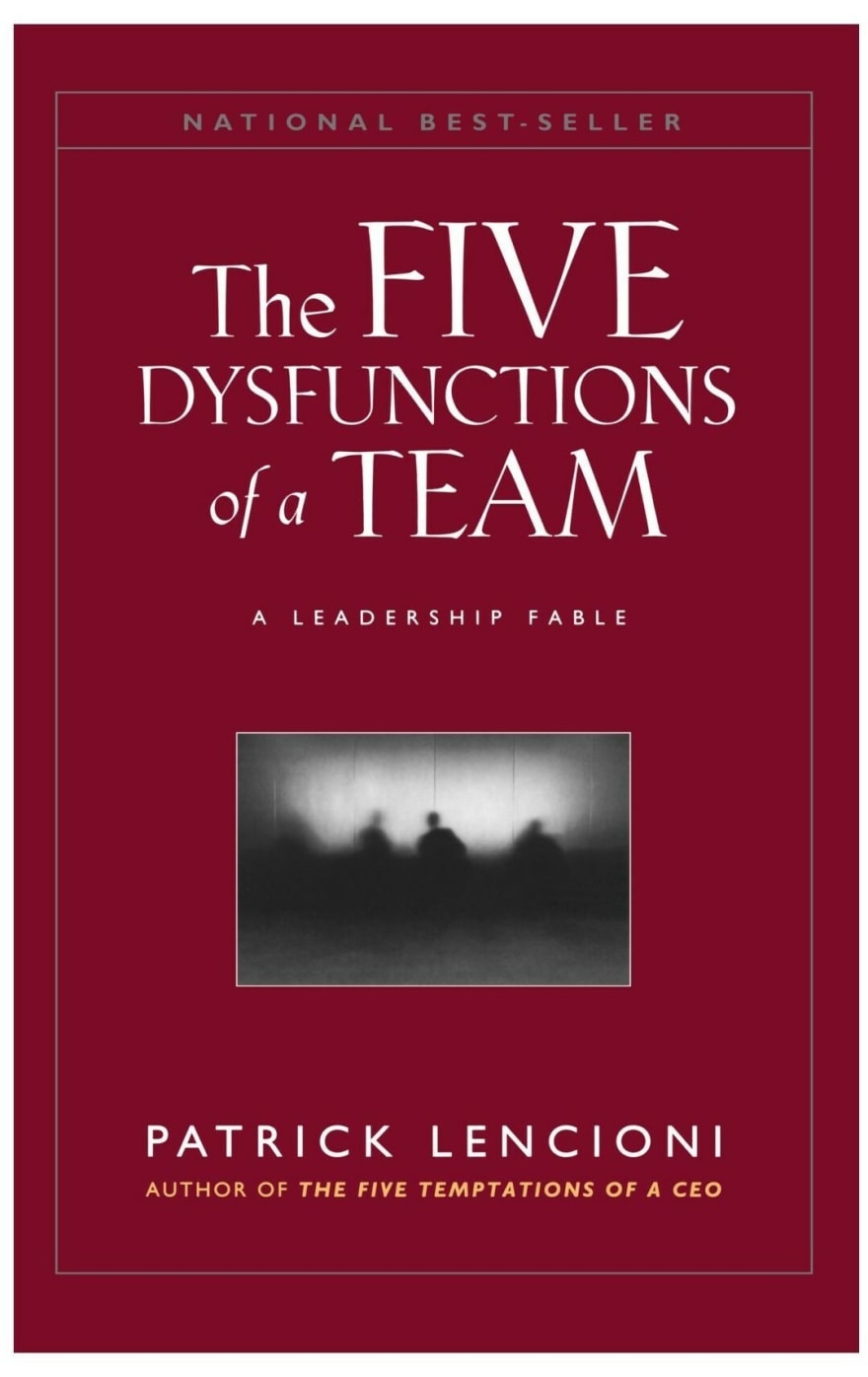As a programmer with experience, you are likely to be an expert at solving bugs - solving bugs has become a primary part of your job. But as you go on the journey of becoming an expert at what you do, it becomes less about coding and more about how you handle other factors that make you an expert.
Other factors like problem-solving, team management, product development, product management, product strategies, and software systems and designs.
It's essential to continue learning and growing to stay current and competitive. One way to do this is by reading books that offer new insights, techniques, and perspectives on programming.
Here are 7 books that experts recommend for programmers with experience:
Books that you must read -
The Goal:

A business novel by Eliyahu M. Goldratt uses a manufacturing plant as a metaphor for business processes.
- It provides a unique perspective on problem-solving, using the metaphor of a manufacturing plant to examine how to identify and address obstacles in business processes.
- It offers insights into improving efficiency: It focuses on the concept of "throughput," which is the rate at which a system produces output.
- It helps to identify areas for improvement: It encourages readers to think about their business processes and identify areas where they can be improved.
The Principles of Product Development Flow:
It is a book by Donald G. Reinertsen that focuses on optimizing product development processes.
- It provides a framework for optimizing product development processes by focusing on flow, batch size, and queue management.
- The book provides specific techniques and strategies for improving product development, including how to prioritize work, how to structure teams, and how to measure progress.
The 5 Dysfunctions of a Team:
It is a book written by Patrick Lencioni that focuses on common issues that can become obstacles to effective team management. It's a popular book among programmers because it offers insights into overcoming common team challenges and improving team performance.
- It identifies common issues that can hinder team effectiveness: the absence of trust, fear of conflict, lack of commitment, avoidance of accountability, and avoidance of results.
- It offers practical guidance on how to improve team performance: with strategies including how to build trust, how to manage conflict, and how to nurture commitment and accountability.
Influence: Science and Practice:

It is a book by Robert Cialdini that focuses on the psychological principles that underlie persuasion and influence.
- It provides a framework for understanding the psychological principles of influence, including reciprocity, authority, scarcity, commitment and consistency, and liking.
- It offers practical guidance on how to use these principles. The book provides specific strategies and techniques for applying these principles in various contexts, including how to use them in negotiations and how to use them to persuade others to adopt new ideas or change their behavior.
- It helps to improve communication skills. In addition, it encourages them to think critically about their communication and persuasion strategies and identify areas where they can be improved.
The Effective Engineer:

It is a book written by Edmond Lau that focuses on how to be more effective and efficient as a software engineer.
- It provides a framework for optimizing one's work as an engineer by focusing on four key areas: technical skills, leadership skills, communication skills, and productivity skills.
- It offers practical guidance on improving and developing technical skills, leading and influencing others, communicating effectively, and optimizing productivity.
Rapid Development:

It is a book by Steve McConnell that focuses on optimizing software development processes and improving the efficiency and effectiveness of software development teams.
- It provides a framework for optimizing software development processes by focusing on four key areas: project management, requirements, design, and testing.
- It offers practical guidance on how to improve strategies and techniques for managing projects effectively, how to gather and prioritize requirements, how to design software effectively, and how to test software effectively.
The Design of Design:
It is a book written by Frederick P. Brooks Jr., a computer scientist and software engineer best known for his work on developing the IBM System/360 and operating system design.
- It covers a wide range of topics, including design principles, patterns, and methods, and illustrates these concepts with examples from Brooks' experience as a software engineer.
- It will help you approach design from a holistic perspective, considering not just the technical aspects of a system but also its social, economic, and organizational context.
- It is widely considered one of the most essential books on software design, and its insights and lessons are still relevant and applicable to modern software development.
There are various books that can help you with how to manage project scope, be a better team member, convert asks to deliverables, etc. If you know some books that should be on this list, share them with us on the Peerlist Scroll.






















